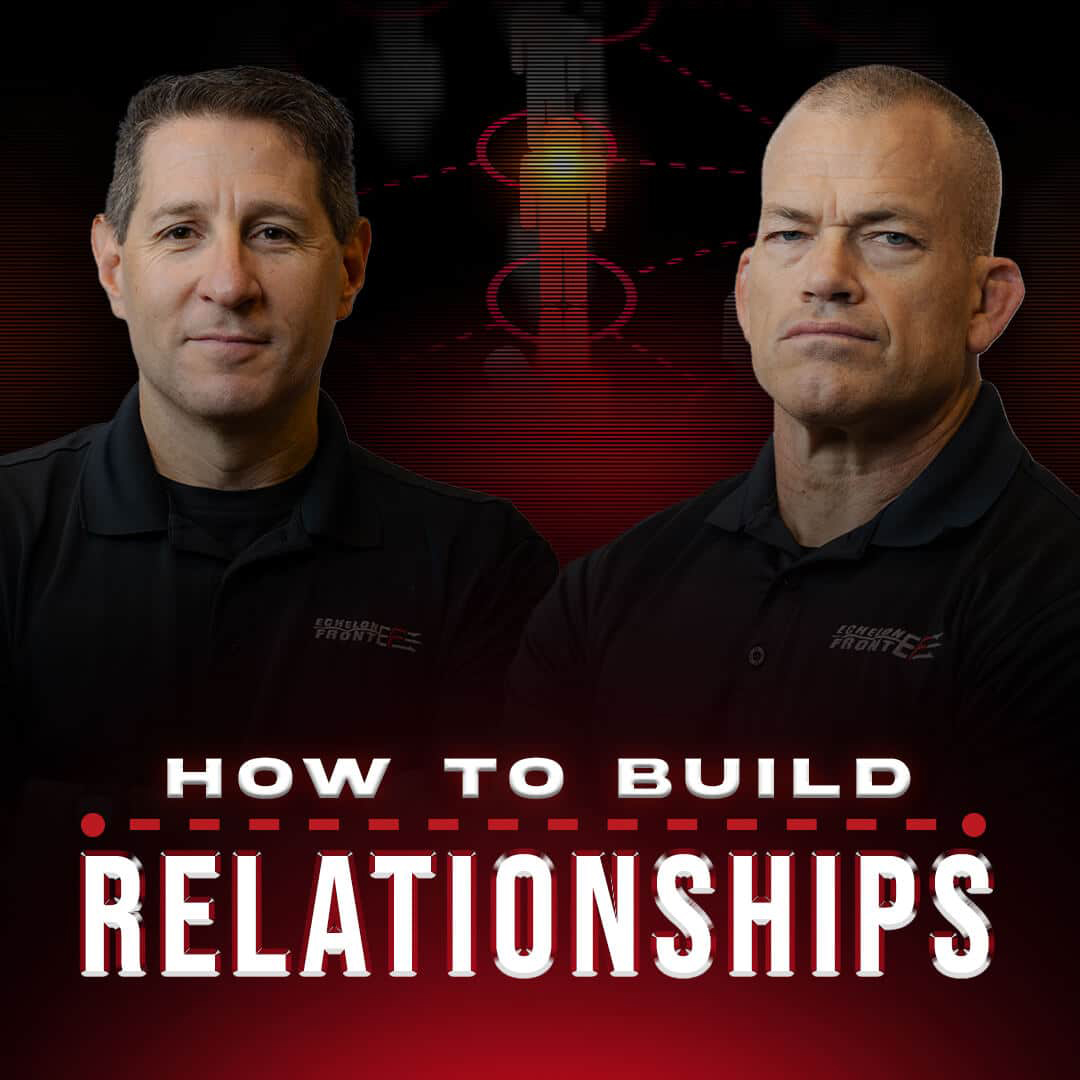If you’ve ever wondered how to communicate in a relationship, then you’re in good company. This question is one of the most popular questions surrounding relationships online. That fact should clue you into how poorly we’ve been taught to navigate relationships of all types and the work required to get it right.
The biggest mistake people make with communication in a relationship is thinking about it as a one-sided transaction. What is in this for me? How can I convince them? Why won’t they listen to me?
We’re all guilty of it, and it keeps us from actually doing the thing we want: communicating effectively. Communication is a two-way street, and it requires both parties to listen, understand, empathize, and respond. If you aren’t actively listening, you’ll never be able to get what the other person is saying. This means you’ll fail to see their point of view, and your response will be truly one-sided. If you want to know how to communicate better in a relationship, it starts with detaching from the emotions and your ego and investing in the other person.
How To Communicate Better In A Relationship
A lack of communication in a relationship reflects a mismatch in understanding and empathy between two people. Whether it’s your personal relationship with your family, your friends, a co-worker, or up the chain of command to your manager or even CEO.
When we are too focused on our wants and desires, we fail to see the bigger picture: we’re a team working toward a common goal. This isn’t me vs. you; it’s us vs. the world. That perspective shift allows you to unite around common beliefs and goals to work better together for greater success.
If you want to know how to communicate in a relationship, it simply comes down to taking ownership of every interaction and focusing on working together for your common goals. That’s how you succeed.
Overcoming A Lack Of Communication In A Relationship
A lack of communication in a relationship is demonstrative of a larger issue. If two sides are not communicating, there is an underlying concern, problem, or perceived offense that is preventing you from working together. “Well, I didn’t do anything wrong, that’s on them!” This is one of the signs of bad communication in a relationship. If you’ve ever felt this way, you’re admitting that you are still emotionally close to the situation and haven’t detached enough to see the larger picture.
When we detach emotionally, we set aside our ego and see the broader landscape around us. Could this person have perceived your action or inaction in a negative light? Is that possible? Yes. It’s entirely possible.
There’s an old Southern saying, “Believe none of what you hear and half of what you see.” Why? Because you can’t trust the gossip around the water cooler, and at the end of the day, when you see something happening, you may not understand the intention, the back story, or the end result.
Have you ever misjudged a situation only to find out that the story you told yourself wasn’t at all what was happening? We all have. So why not give the other person the benefit of the doubt? If you want to understand how to communicate in a relationship, it means looking past your wants and needs to the good of everyone involved. Here’s the beautiful part: That’s how you get what you want anyway.
How To Communicate In A Relationship
The best way to learn to communicate in a relationship is by learning the skill sets you need to take ownership of your relationship. “But that’s so one-sided!” Yes. You’re seeing the bigger picture we talked about. You are in complete control to shape and improve every aspect of your life, including your relationships at home, with your friends, and in the office.
How do you do that? We’ve put together a relationships course to help individuals like you, teams, families, and organizations learn how to communicate better in relationships. If you’re looking to communicate better in your relationships, build deeper, more profound relationships, and see that your overarching goals are met, then you need this course.
Join Echelon Front’s cadre of instructors as they walk you through the ins and outs, the dos and don’ts, and the core principles of building relationships that last for maximum impact and a more enriching life. Sign up now.



